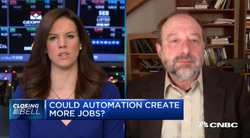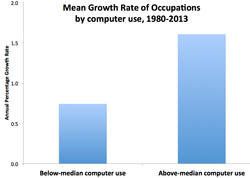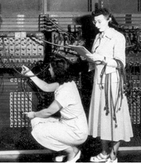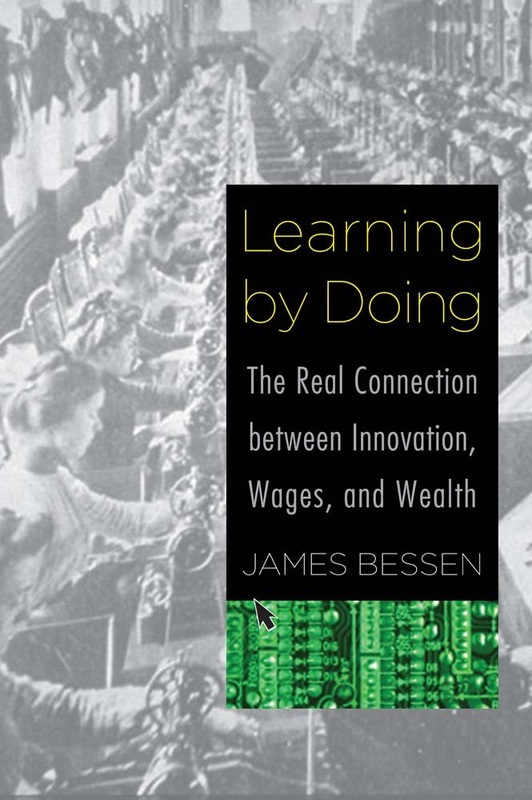The work of Research on Innovation has been transferred to the
|
 CNBC on automation CNBC on automation
Cited:
NY Times Mag robots WSJ, The Week, AP automation Pro-Market Blog, Corp. profits & politics The Economist, Automation Anxiety & Lifelong Learning EconTalk on Learning by Doing NY Times on computer automation and here; also US News Senator Hatch citing research on patent reform:
...more News |





